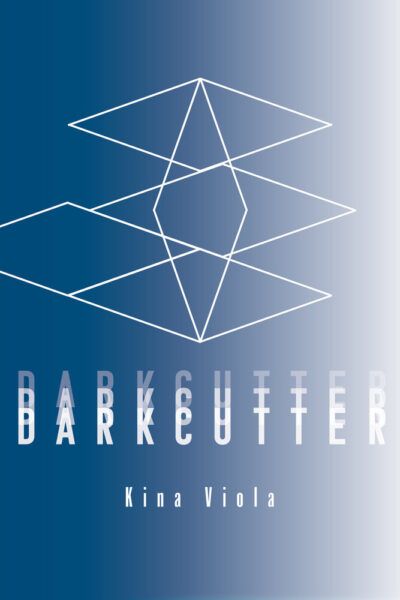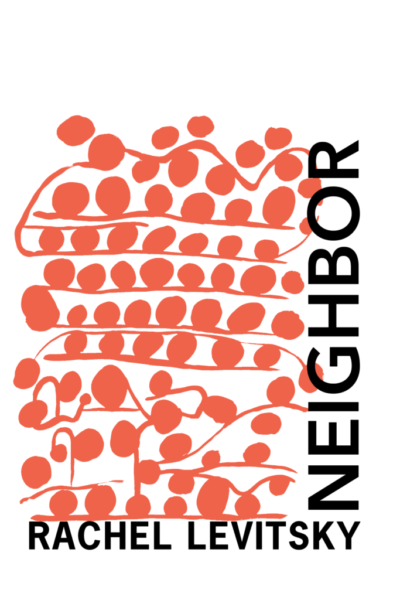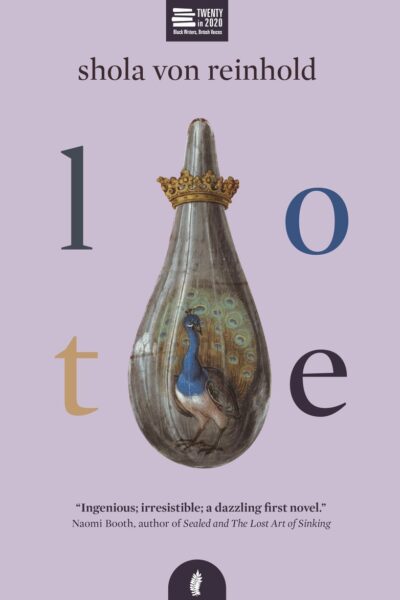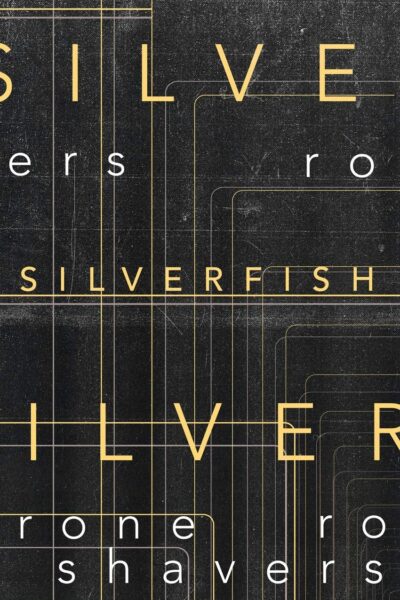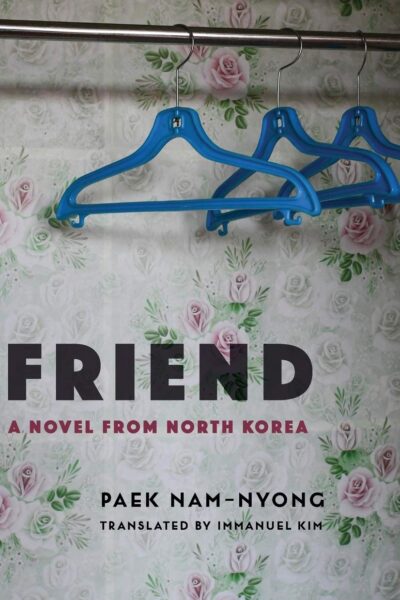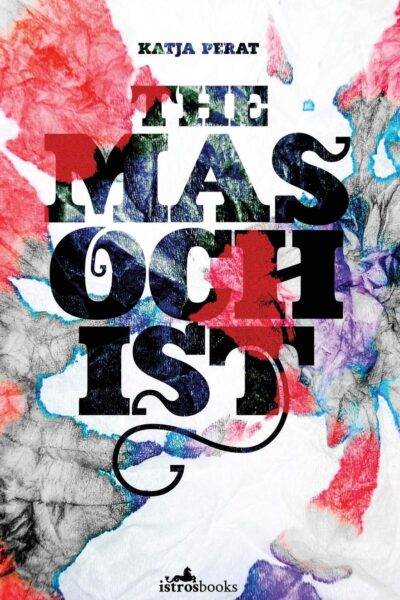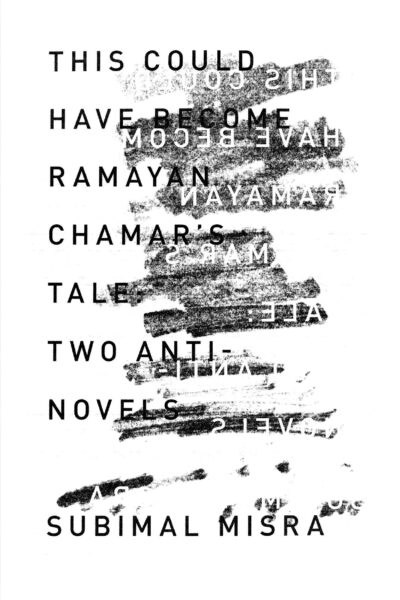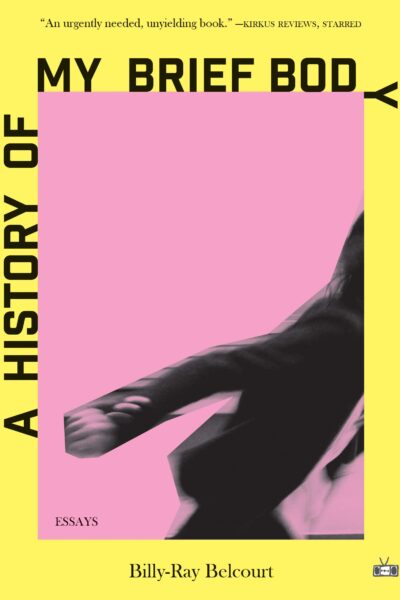DARKCUTTER is the room where someone eats and is eaten. Where the death-surplus is hidden. Softness in all corners.
‘Neighbor’ is everywhere and nowhere. ‘Neighbor’ is out. ‘Neighbor’ is shushing her child. ‘Neighbor’ is simultaneously desired and despised. In this way ‘neighbor’ is that part of ourselves that we both long for and revile.
The core tension of a recovery narrative, which LOTE explores in lush detail, is that many lost writers have been forgotten (or, more likely, suppressed) for a reason.
Silverfish is a story about constructing a (new) story, itself masterfully and creatively constructed.
In FRIEND, Paek Nam-nyong reminds us that the local and interpersonal elements of our lives are just as real as the ideological and political, and certainly tell more about what it means to be human.
Readers of THE MASOCHIST in translation may be less aware of Perat’s poetic prose, but few are likely to experience this as something that undermines the cogency of Nadezhda Moser’s voice.
This Could Have Been Ramayan Chamar’s Tale – Subimal Misra
As Subimal Misra’s fiction demonstrates, there can be no definitive answer to the question of what makes a novel a novel — only as many possibilities as we imagine.
Zigzags is a nod to the persistence of queer joy, a radical thing in and of itself.
Scorpionfish – Natalie Bakopoulos
SCORPIONFISH invites us to hold Bakopoulos’s stare as she peels the layers off Greek society through her characters, but never because of them.
A History of My Brief Body – Billy-Ray Belcourt
From a native queer experience, Belcourt extends what it means to live in a state, to surpass the body’s defined frame, and to practice emoting as transcendence.


